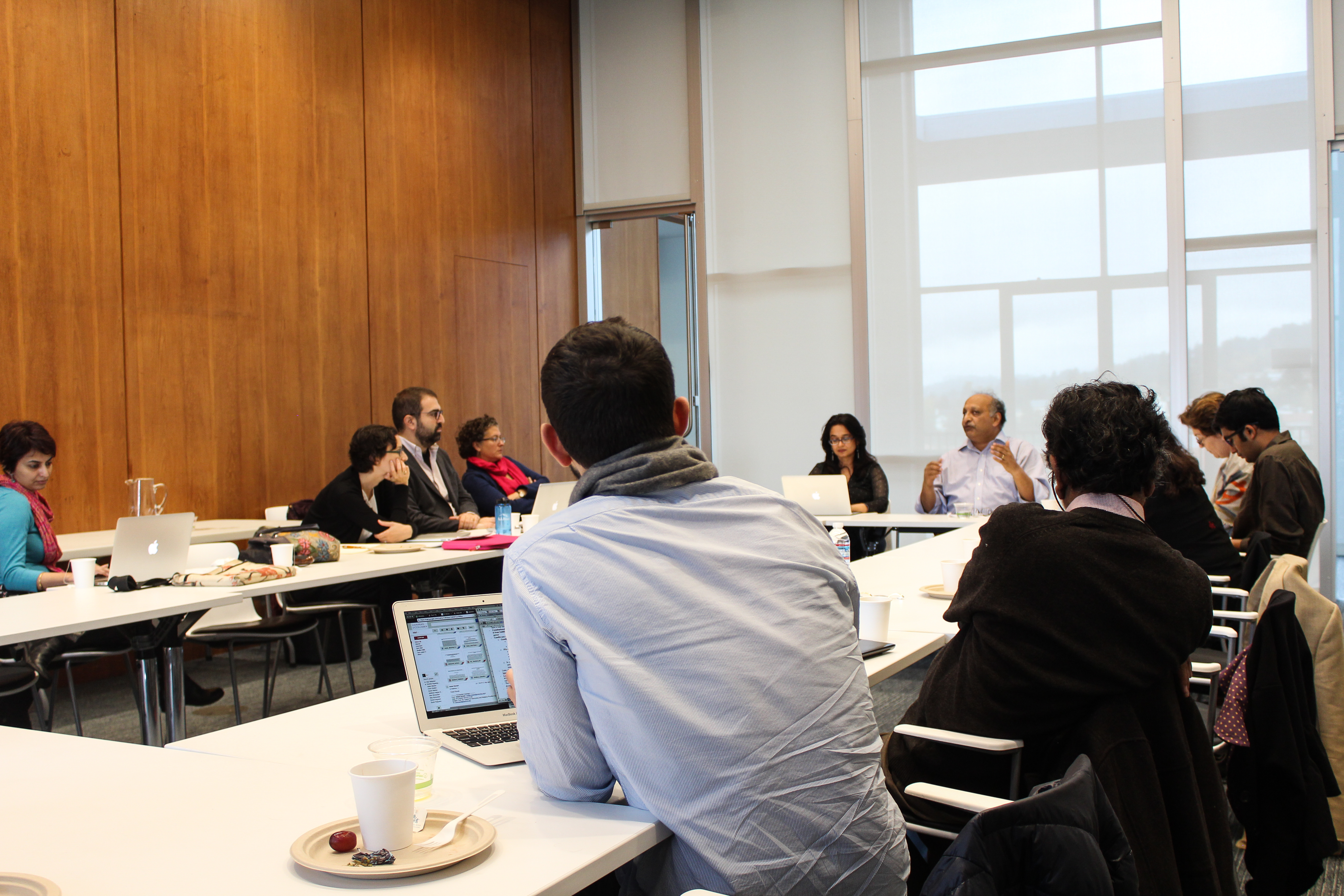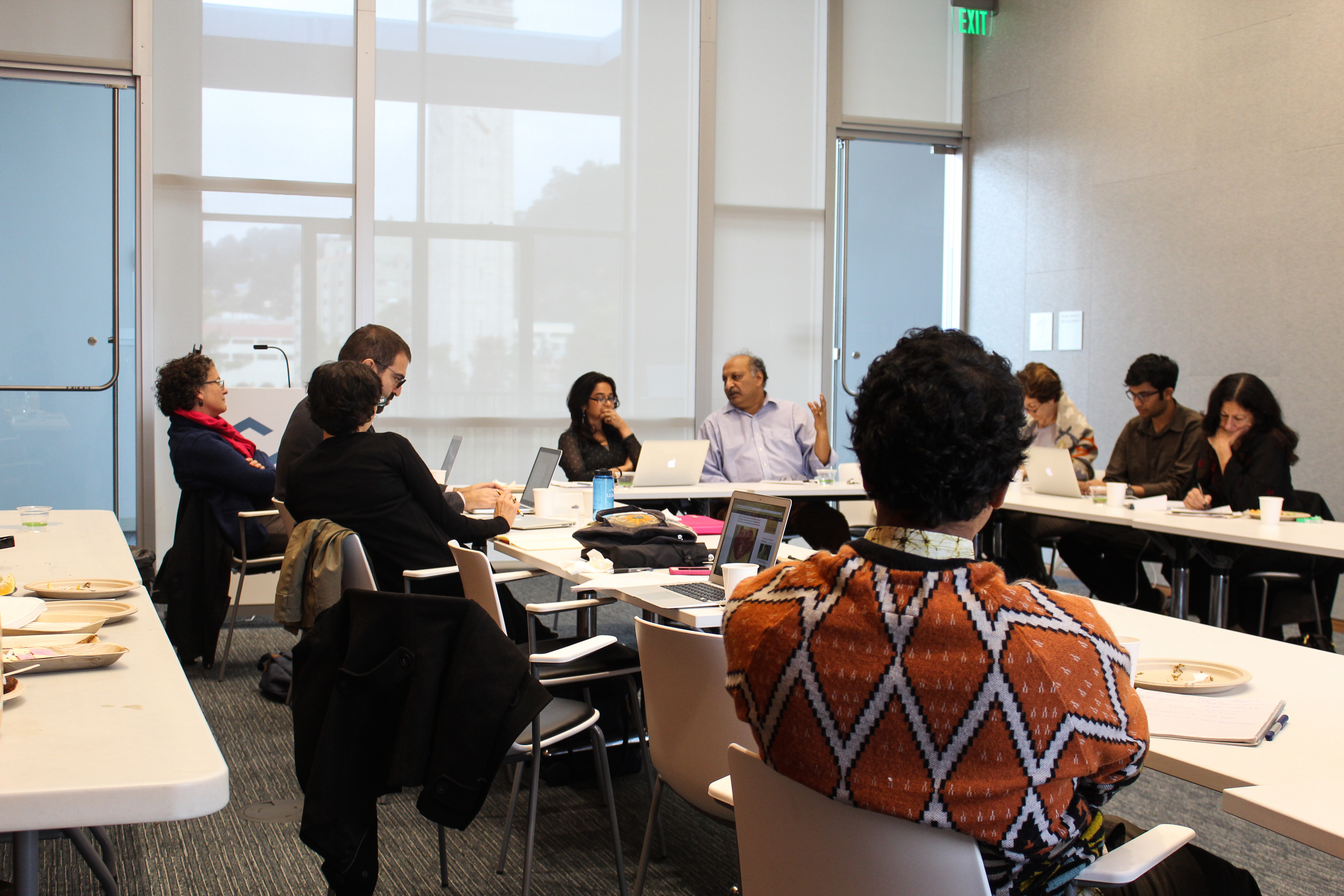We are delighted to invite the GTU community and other friends of the Center for Islamic Studies to join CIS faculty, students, alumni, and invited guests at a very special event celebrating the 10th anniversary of the Center for Islamic Studies at the Graduate Theological Union.
We extend our gratitude to all who have supported our work over the years, and look forward to our continued work together. Come celebrate with us on Thursday, December 7, in the GTU Library.
Place: Graduate Theological Union Library, 2400 Ridge Rd. , Berkeley, CA , 94709
Time: 4:30-8:30pm
Event Schedule:
4:30-5:30 Tour the Knowledge and Diversity exhibition and meet/greet students, faculty, and visiting scholars in Islamic Studies
5:45-7:15 Formal presentations, featuring remarks from invited guests, as well as GTU President Riess Potterveld, Dean Uriah Kim, CIS Director Munir Jiwa, and current students in Islamic studies at the GTU
7:15-8:30 Reception with vegetarian appetizers, desserts, and beverages.
Mark your calendars now and plan to join us!
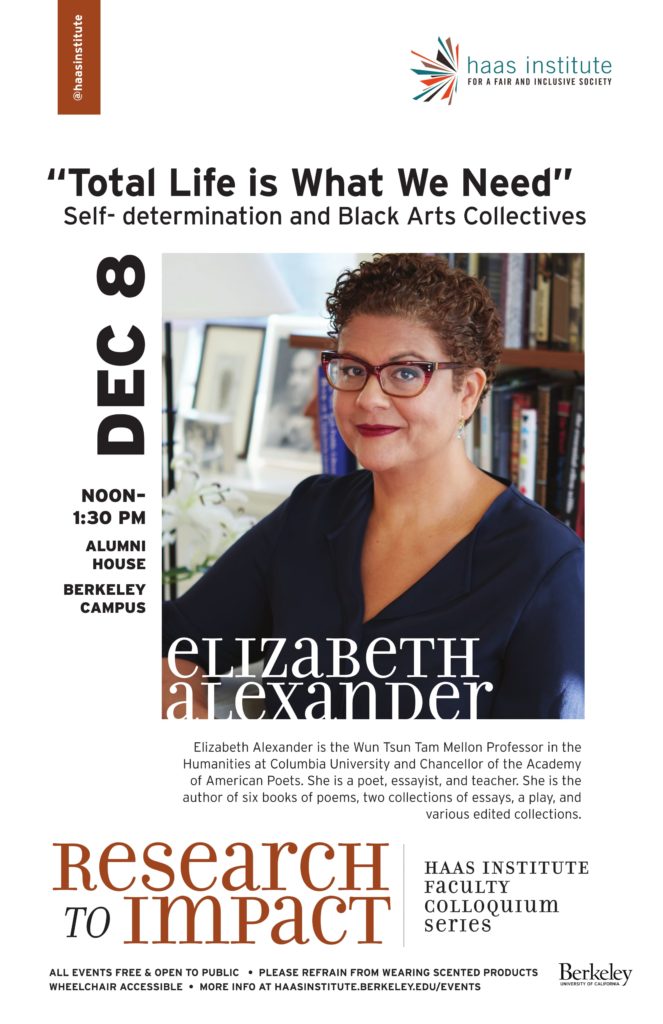
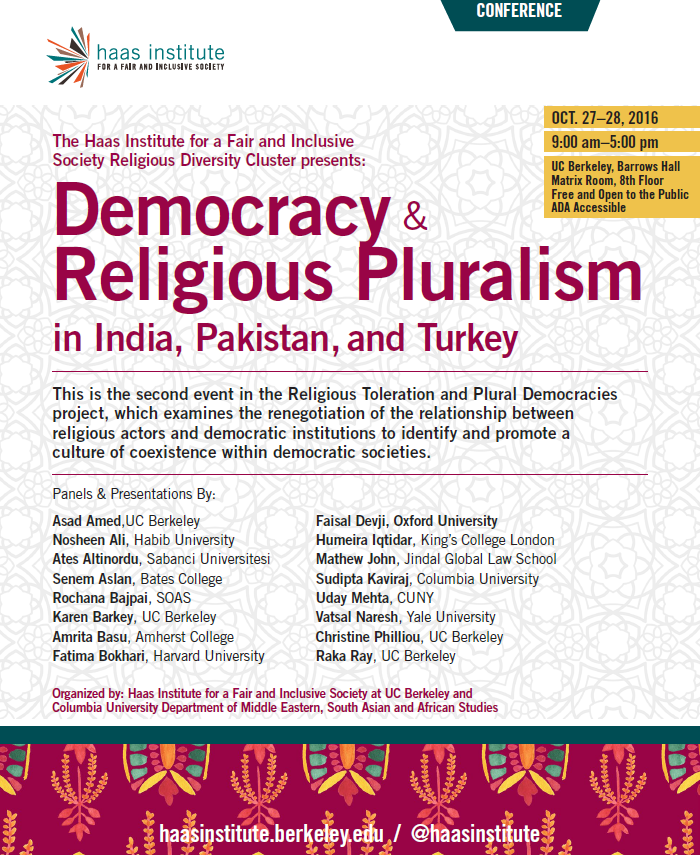
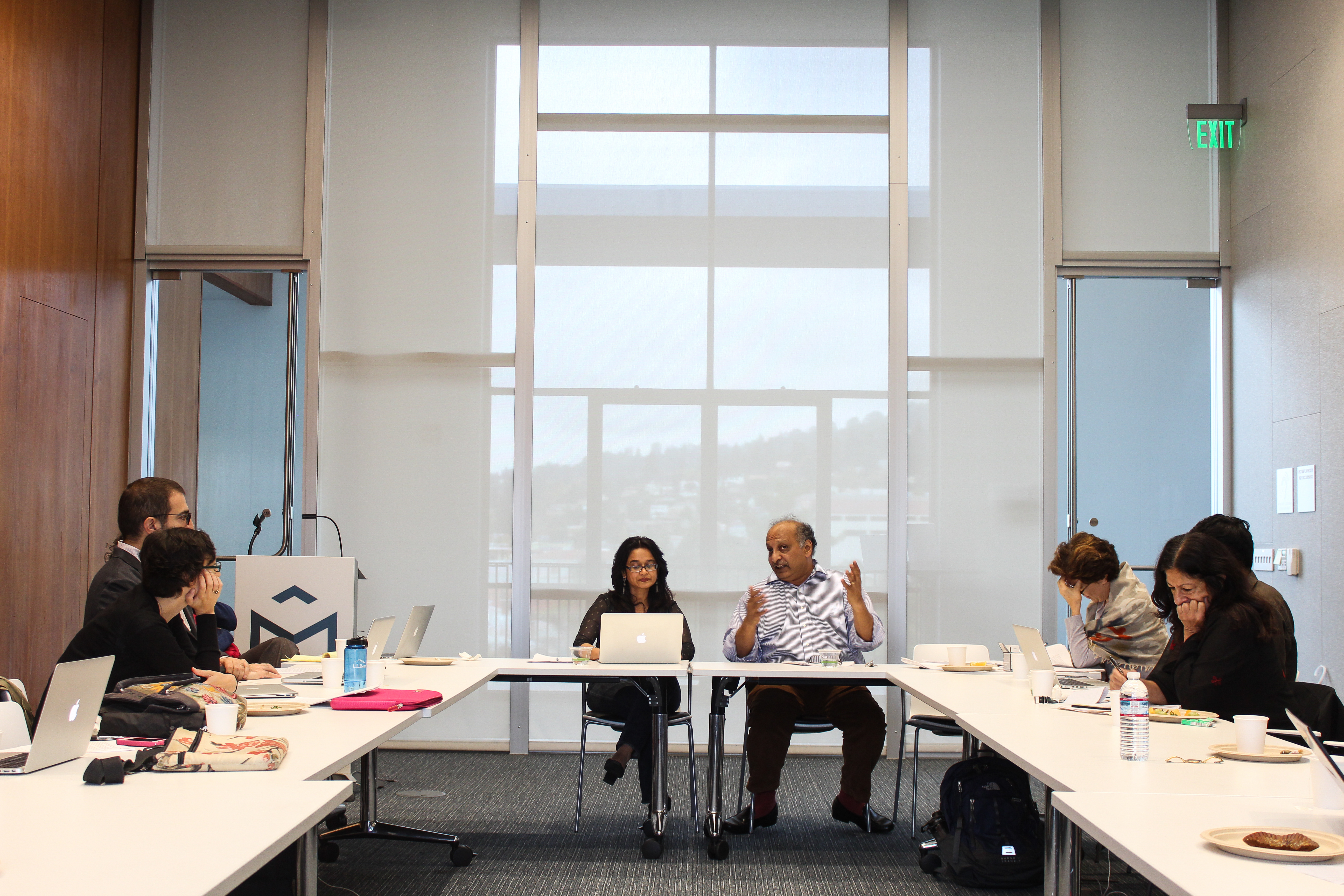 The workshop was the second event in a larger project that aims to examine how religious actors and democratic institutions renegotiate early compacts drawn at constitutional moments and the role of religious pluralism in these societies today. The “Religious Toleration and Plural Democracies” project, originally funded by the Henry Luce Foundation and now part of the Haas Institute’s Religious Diversity research cluster efforts, seeks to identify and promote a culture of coexistence within democratic society.
The workshop was the second event in a larger project that aims to examine how religious actors and democratic institutions renegotiate early compacts drawn at constitutional moments and the role of religious pluralism in these societies today. The “Religious Toleration and Plural Democracies” project, originally funded by the Henry Luce Foundation and now part of the Haas Institute’s Religious Diversity research cluster efforts, seeks to identify and promote a culture of coexistence within democratic society.